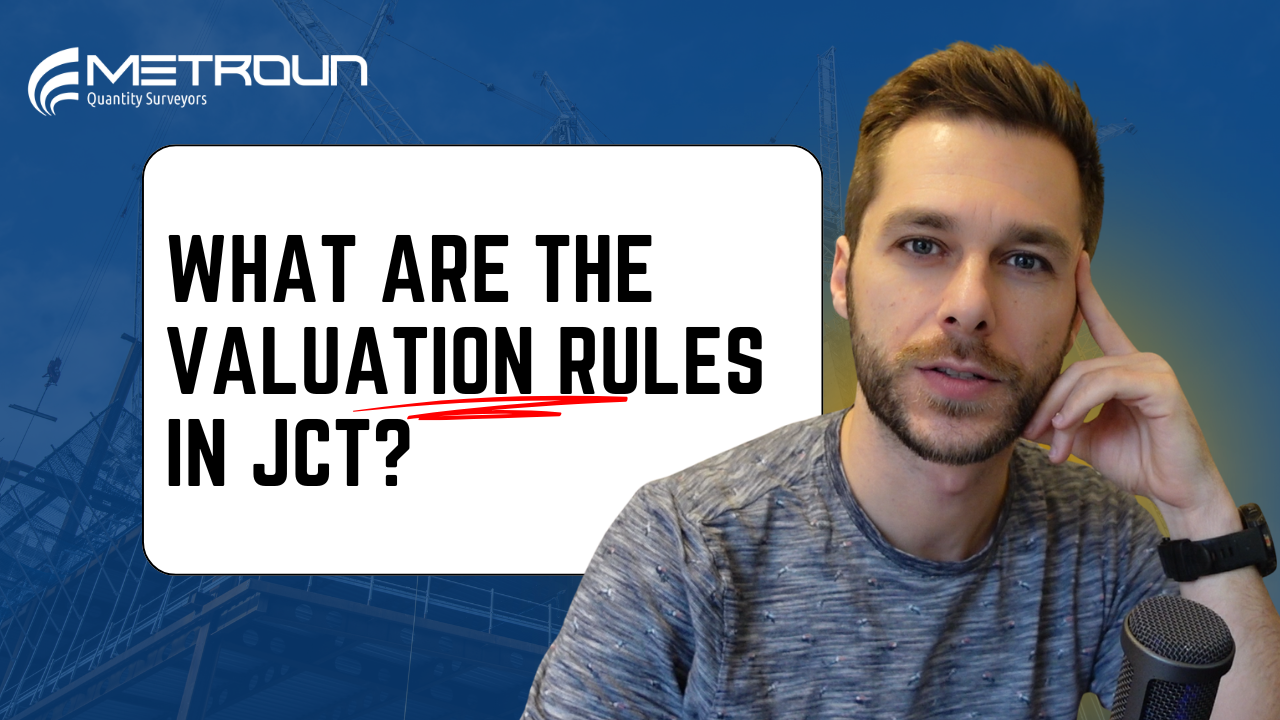In this article, we’re going to explore construction bonds, the different types available, and the purposes they serve throughout a construction project.
What Is a Construction Bond?
Put simply, a construction bond provides protection to the client against the non-performance of a contractor.
There are three parties involved in a construction bond:
- The Client
- The Contractor
- The Bondsman or Surety
The bondsman takes responsibility for the contractor’s obligations by signing a bond. If the contractor fails to perform, the bondsman is obliged to pay the client once certain conditions are met.
Bonds vs Guarantees under English Law
It’s worth noting that under English Law, there is a distinction between a bond and a guarantee.
- A bond allows the employer to claim the agreed sum without first proving a breach of contract.
- A guarantee requires proof of breach before payment can be made.
In practice, many “bonds” in construction are technically guarantees. To keep things simple and in line with industry use, we’ll use the terms interchangeably here.
Categories of Construction Bonds
Construction bonds can be split into two categories:
- On-demand bonds: Paid immediately when demanded, without proving contractor liability (common in international projects).
- Conditional bonds: Only paid if certain contractual conditions are met, such as insolvency or breach of contract (common in the UK).
Types of Construction Bonds
Here are seven of the most common types of construction bonds you’ll encounter:
1. Performance Bond
Acts like insurance, usually set at 10% of the contract value. Protects the client if the contractor fails to meet obligations, covering costs such as hiring a replacement contractor.
2. Tender Bond (Bid Bond)
Discourages bidders from abusing the tender process. Submitted with a tender to show commitment to starting the project. While effective, it can deter smaller firms from bidding.
3. Retention Bond
Replaces the practice of withholding retention money (often 5%). Instead, a contractor’s bank or insurer guarantees rectification of defects during the liability period. This improves contractor cash flow while reassuring the client.
4. Advance Payment Bond
Used when clients make advance payments to cover significant start-up costs. Protects the employer if the contractor fails to deliver goods or services.
5. Off-site Materials Bond
Similar to the advance payment bond but specific to materials purchased before delivery to site. Ensures that delays caused by non-delivery do not derail the programme.
6. Defects Liability Bond
Covers the defect liability period, usually 12 months after completion. Ensures contractors return to fix any defects identified after handover.
7. Adjudication Bond
A conditional bond that requires the bondsman to pay out based on an adjudicator’s decision.
Conclusion
Construction bonds are a vital safeguard in the industry, protecting clients and helping ensure projects run smoothly. From performance bonds to retention bonds, each serves a specific purpose in managing risk and maintaining financial stability.
If you’d like to dive deeper into this topic, why not watch our video on construction bonds?
Find out how we can help you at metroun.co.uk










